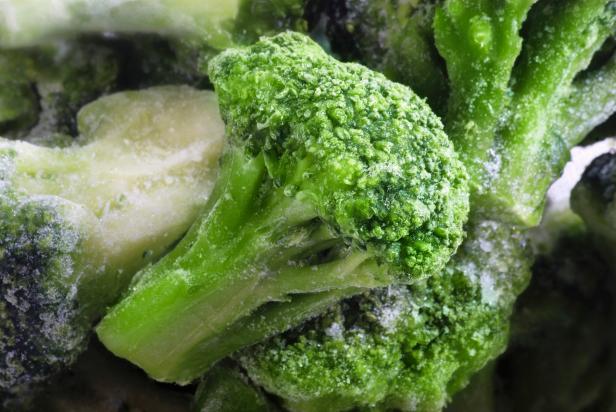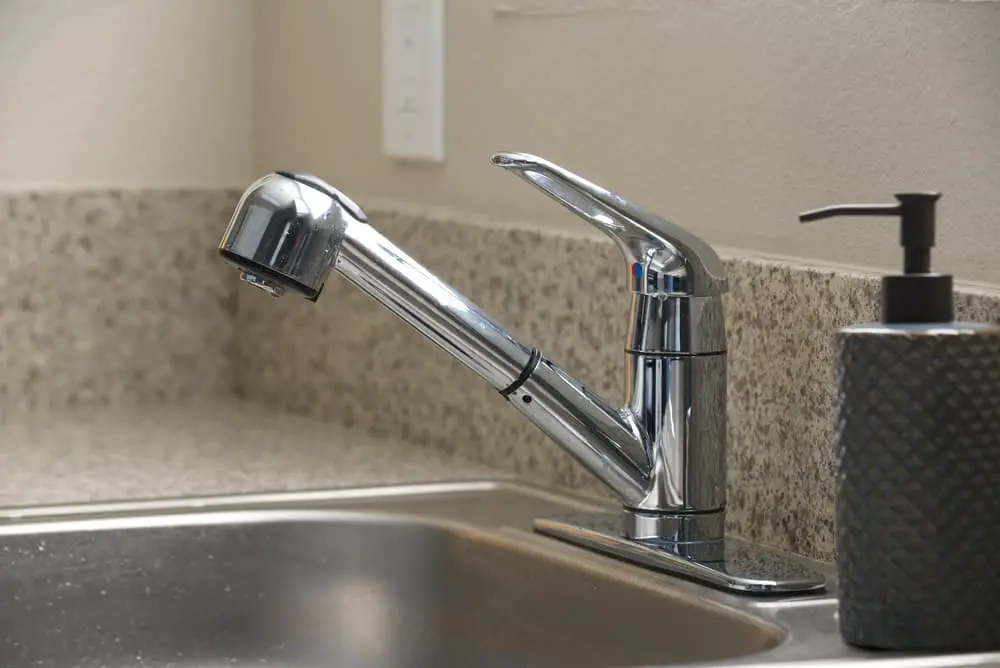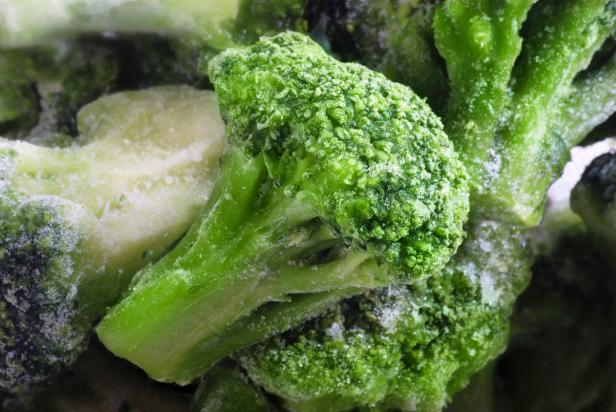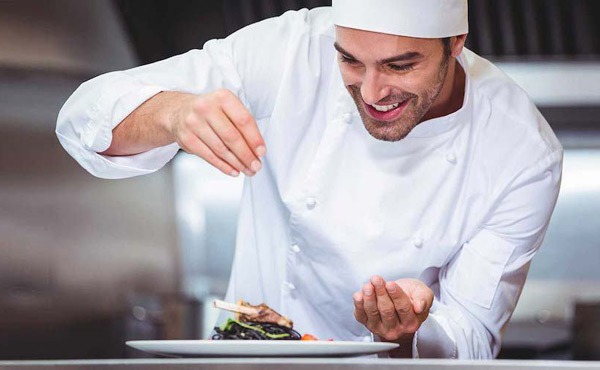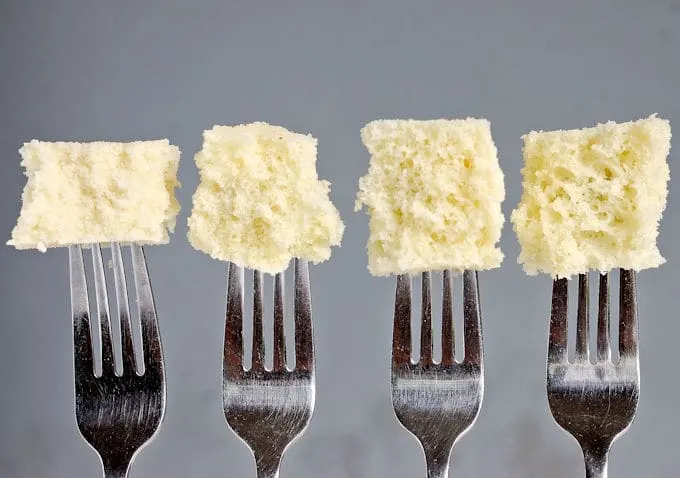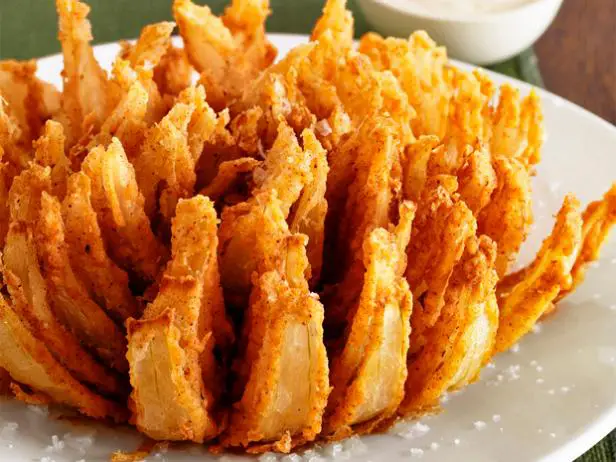Broccoli is a cruciferous vegetable that is highly nutritious and packed with vitamins and minerals. It is a low-calorie vegetable that is rich in fiber, antioxidants, and other essential nutrients that promote health and wellness. While fresh broccoli is popularly known for its nutritional value, frozen broccoli is also a convenient and cost-effective alternative that many people prefer. In this article, we will explore the question; can you eat frozen broccoli without cooking?
# How is Frozen Broccoli Made?
Frozen broccoli undergoes a process similar to other frozen vegetables. Broccoli is harvested at its peak ripeness and immediately cleaned, blanched, and flash-frozen to retain its nutritional value, texture, and flavor. When compared to fresh broccoli, frozen broccoli is similarly nutritious as it undergoes minimal nutrient loss since it is quickly frozen after harvesting.
# Advantages of Eating Frozen Broccoli
Using frozen broccoli in cooking recipes has several advantages over fresh broccoli. Here are some of these benefits:
## Convenience
Frozen broccoli offers convenience and time-saving benefits, considering it requires no trimming or chopping when used in recipes. Pre-cut and pre-packaged bags of frozen broccoli can be easily added to stews, soups, smoothies, or stir-fries straight from the freezer.
## Cost-Effective
Frozen broccoli can be a more economical choice than buying fresh because it tends to be cheaper per pound than fresh produce. Also, since you only use what you need from your frozen bag of vegetables, there’s no waste or spoilage like with fresh produce.
## No Waste
Unlike fresh broccoli that can sometimes spoil before consumption if not stored properly, using frozen broccoli means zero food wastage as you can only use what you need at any given time.
# Disadvantages of Eating Frozen Broccoli
Though eating frozen broccoli has some advantages over consuming fresh options in certain circumstances. There are negative aspects as well:
## Texture and Taste
Frozen broccoli may have a different texture and taste than fresh broccoli. Freezing broccoli will cause its cells to expand which, once thawed and cooked, can cause it to be somewhat softer than fresh broccoli.
## Risk of Contamination
There is a risk of contamination in frozen broccoli from bacteria or viruses due to human error during the production process. Bacteria like Listeria Monocytogenes, which is often found in soil or water, grows at refrigeration temperatures and can survive in freezers producing toxins that can be harmful if consumed.
## Preservatives Added
To increase the shelf life of frozen broccoli, certain types of preservatives are added that may affect the nutritional value or overall healthfulness of the vegetable. It is important to read the label carefully for ingredients before consuming.
# Is it Safe to Eat Frozen Broccoli Without Cooking?
One important question people ask when considering adding frozen broccoli to their diet without cooking is whether it’s safe for consumption. Here’s what you need to know:
## Potential Risks
While vegetables like broccoli are generally considered safe to consume raw or slightly cooked, there is still a risk of illness from bacterial pathogens unless handled properly before eating. Eating uncooked vegetables can lead to foodborne illnesses such as E.Coli, Salmonella, and Listeria infections.
## Safety Guidelines
The Centers for Disease Control and Prevention (CDC) recommends washing all fresh produce using clean running water before consuming and cooking thoroughly. This applies to frozen vegetables as well since they will eventually be thawed and consumed in their raw state if not cooked entirely.
## Vegetable Washes
Vegetable washes marketed as “natural” or “organic” are often claimed to remove more contaminants than running water. However, this method has not been scientifically evaluated and therefore cannot be recommended over other methods.
# Preparing Your Frozen Broccoli for Consumption
If you decide to eat frozen broccoli without cooking, it’s essential to know how to prepare it properly. Here are some guidelines:
## Thawing Frozen Broccoli
Before consuming frozen broccoli uncooked or slightly cooked, it’s important to thaw the broccoli properly. You can do this by placing the desired amount of broccoli in a plastic bag and submerging it in warm water for a few minutes. Alternatively, you can thaw it in the refrigerator overnight or use the defrost setting on your microwave if you’re pressed for time.
## Blanching Method
Blanching your frozen broccoli means cooking it briefly in boiling water for a short period or steaming it for a few minutes before consuming raw or using it in recipes. Doing so can help improve taste and texture and kill any harmful bacteria.
# Health Benefits Associated with Raw or Slightly Cooked Broccoli
Raw or slightly cooked broccoli is an excellent source of nutrients and health benefits. Let’s explore some of these benefits:
## Nutritional Value
Broccoli is rich in vitamin C, vitamin K, dietary fiber, folate, and potassium. Consumption of raw or lightly cooked broccoli promotes weight loss, bone health, and digestion while also providing cancer-fighting compounds like sulforaphane.
## Cancer-Prevention Properties
Eating cruciferous vegetables such as broccoli can potentially reduce the risk of cancer. Cruciferous vegetables contain glucosinolates that are beneficial compounds that are converted into cancer-fighting chemicals when chewed, chopped, or digested.
# Conclusion
In conclusion, eating frozen broccoli without cooking is generally safe and beneficial if handled properly; however, some risks come with consuming uncooked vegetables. The advantages of using frozen vegetables over fresh produce include cost-effectiveness, convenience, and no wastage while nutritional value may be similar to fresh vegetables depending on the harvesting and processing method used. Using frozen broccoli safely involves proper thawing methods before consumption if consumed uncooked or slightly cooked or careful hygienic preparations while cooking. So long as you follow the recommendations and guidelines detailed in this article, consuming frozen broccoli uncooked is a safe and healthy addition to any meal.
Frequently Asked Questions
Is it safe to eat frozen broccoli raw?
Yes, it’s perfectly safe to eat frozen broccoli without cooking it. Freezing the broccoli does not affect its nutritional value or taste.
Can I thaw frozen broccoli before eating it raw?
Thawing frozen broccoli is not necessary if you plan to eat it raw. You can simply transfer the desired portion from the freezer into a bowl and thaw it in the refrigerator or at room temperature before eating.
What are the benefits of eating raw frozen broccoli?
Eating frozen broccoli raw provides you with a range of essential vitamins, minerals, and antioxidants. These nutrients can help improve your digestive health, boost your immune system, reduce inflammation, and promote healthy skin.
What dishes can I make using raw frozen broccoli?
Raw frozen broccoli is a versatile ingredient that can be used in a variety of dishes. It can be added to salads, stir-fries, smoothies, sandwiches, or enjoyed as a snack with a healthy dip like hummus or guacamole. Get creative and experiment to find the perfect recipe that suits your taste buds.
